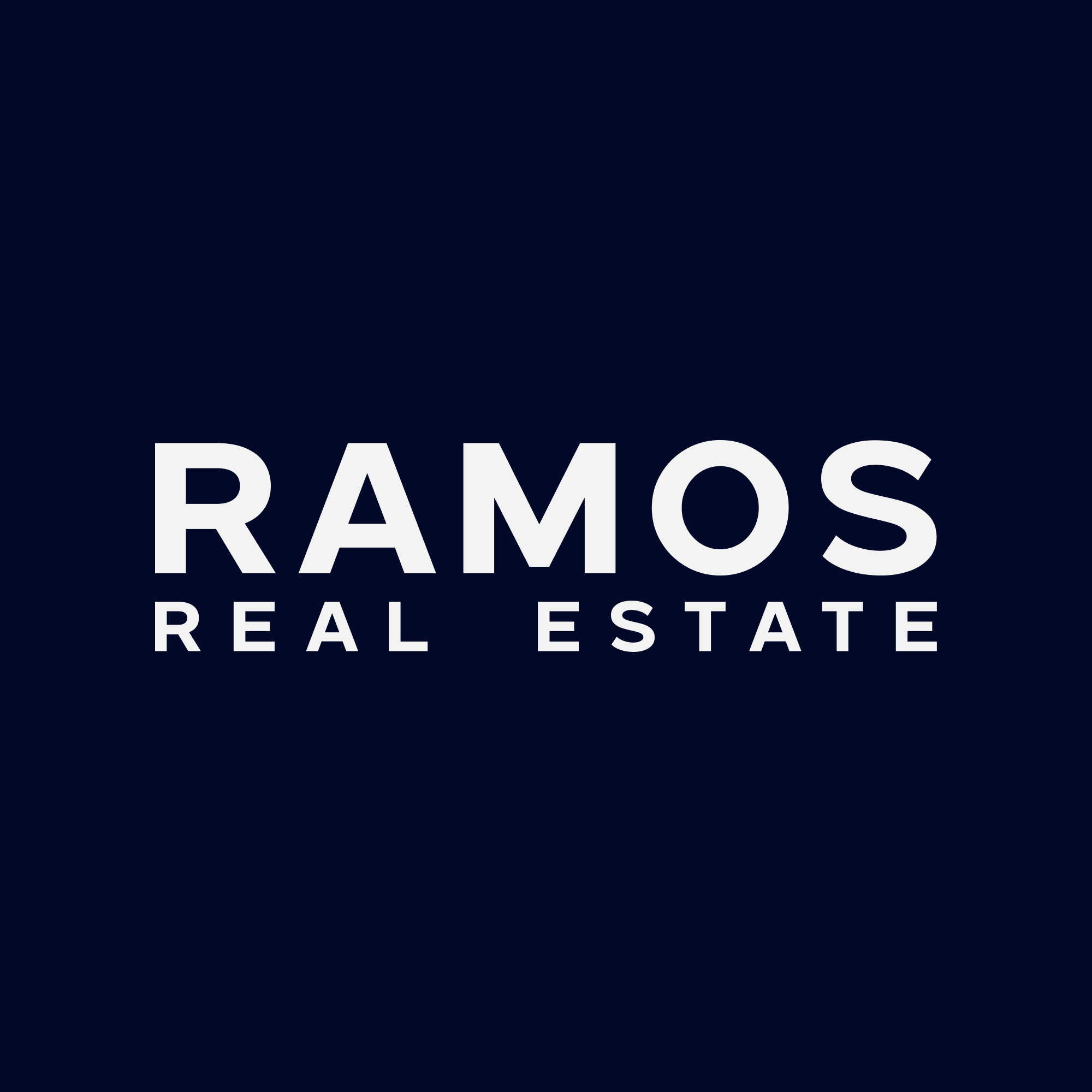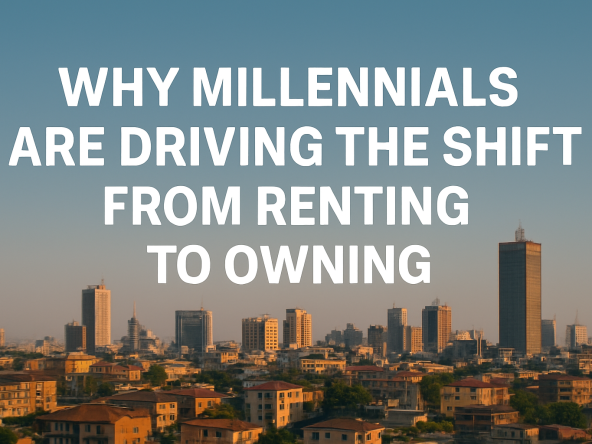Introduction
Residential real estate in Nigeria encompasses a diverse range of housing options tailored to meet the varying needs and preferences of individuals and families across the country. From sprawling estates to compact apartments, the Nigerian residential property market offers a multitude of options for both homeowners and investors. We’ll delve into the different types of residential real estate in Nigeria, highlighting their features, advantages, and popularity among buyers and renters.
Detached Houses: Detached houses are standalone properties that do not share walls with neighboring units. These spacious homes typically feature ample outdoor space, including front and backyard areas, making them ideal for families seeking privacy and tranquillity. Detached houses come in various architectural styles and sizes, ranging from modest bungalows to luxurious mansions, catering to different lifestyle preferences and budgetary considerations in residential real estate.
Semi-Detached Houses: Semi-detached houses are properties that share a common wall with one adjoining unit while maintaining separate entrances and outdoor spaces. These homes offer a balance between privacy and community living, making them popular among middle-income families and urban dwellers. Semi-detached houses often feature similar designs and layouts to detached houses but may offer a more affordable option for homebuyers seeking more space than a typical apartment.
Terraced Houses: Terraced houses, also known as townhouses or row houses, are properties that are connected in a row and share common walls on both sides. These multi-story homes are designed to maximize space efficiency while offering a sense of community and shared amenities. Terraced houses often feature compact yet functional layouts, with multiple floors accommodating living spaces, bedrooms, and sometimes rooftop terraces or gardens. They are popular in urban areas where land is limited, offering a convenient and affordable housing solution for urban dwellers.
Apartments/Flats: Apartments, also referred to as flats, are residential units within multi-story buildings that contain multiple units. These compact living spaces typically feature one or more bedrooms, a living area, a kitchen, and a bathroom, with shared amenities such as parking, elevators, and recreational facilities. Apartments are popular among young professionals, students, and individuals seeking affordable housing options in urban centers. They offer convenience, security, and access to amenities such as shopping centers, schools, and public transportation hubs.
Gated Estates: Gated estates, also known as residential estates or housing estates, are self-contained communities comprising a mix of residential properties, amenities, and communal facilities within a secure, gated environment. These estates often feature a range of housing types, including detached and semi-detached houses, townhouses, and apartments, along with amenities such as parks, playgrounds, swimming pools, and sports facilities. Gated estates provide residents with a sense of security, exclusivity, and a desirable living environment, making them a sought-after option for discerning homebuyers seeking a higher quality of life.
Conclusion
The residential real estate market in Nigeria offers a diverse array of housing options tailored to meet the needs and preferences of a rapidly growing population. From detached houses to apartments and gated estates, prospective homeowners and investors have a wide range of choices to consider when navigating the Nigerian property market. Understanding the features, advantages, and suitability of each residential property type is essential for making informed decisions and finding the perfect home or investment opportunity in Nigeria’s dynamic real estate landscape.





